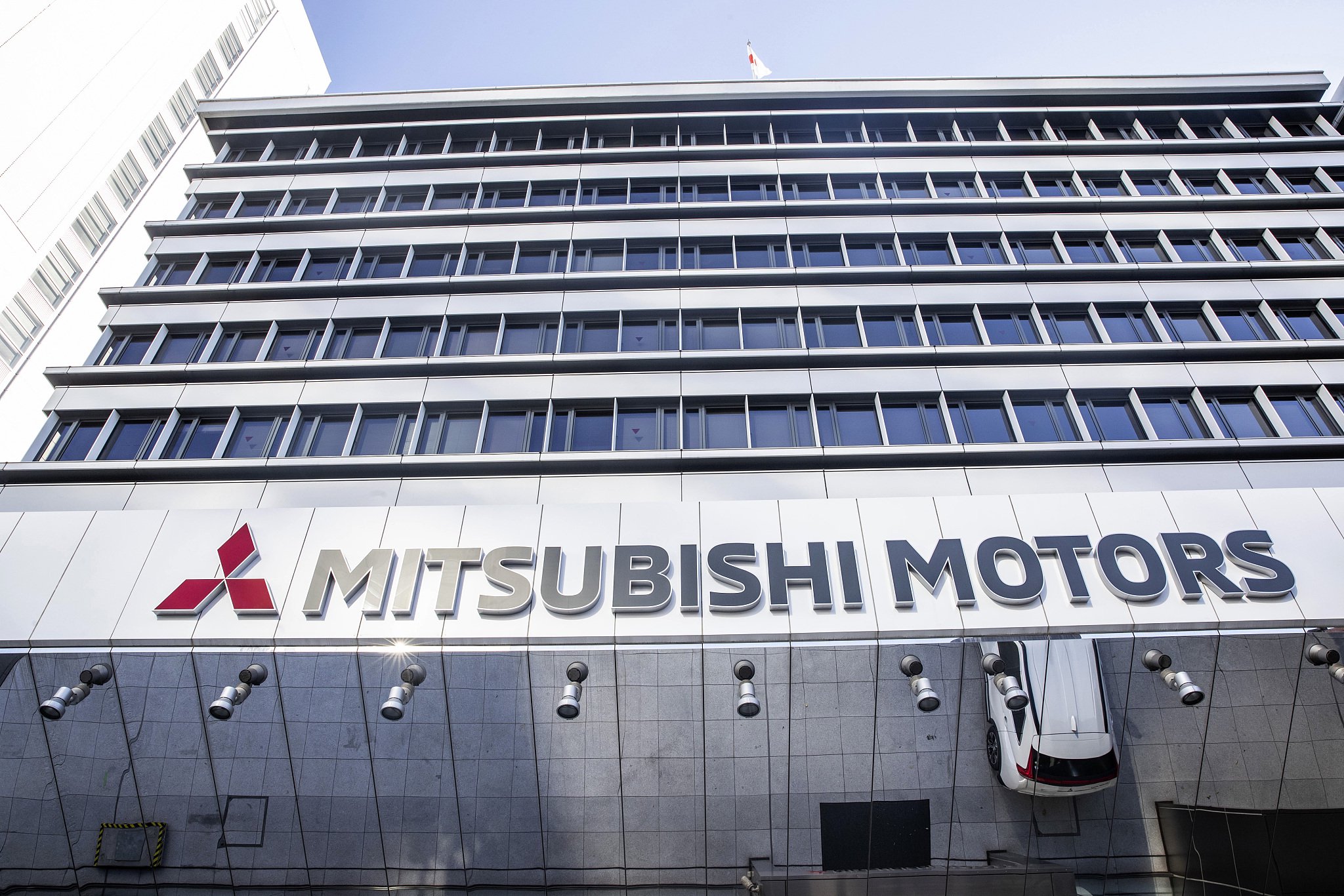Japanese automakers face fierce competition in multiple markets. They begin to unite for support. Nikkei News reports that Mitsubishi Motors plans to join the Honda-Nissan alliance.
This alliance does not refer to the “Renault-Nissan-Mitsubishi Alliance” in terms of organizational structure. Instead, it focuses on strategic cooperation in vehicle software among individual automakers. Nissan and Honda will jointly develop basic software. They will discuss its application in Mitsubishi vehicles. The three companies will also consider complementing each other’s vehicle lineups. In recent years, Japanese automakers have struggled to compete with Tesla and Chinese companies in scaling and supply chains. This tripartite collaboration marks a shift. The Japanese auto industry is uniting to tackle electric vehicle technology. They aim to leverage economies of scale to reduce costs and better face global market pressures. In March, Honda and Nissan announced a comprehensive cooperation agreement for their electric vehicle businesses. This includes joint procurement, shared development of power platforms, and standardization of parts. Nissan and Honda hope to cut costs through resource integration and enhance their competitiveness in the Chinese electric vehicle market. Honda and Nissan rank as Japan’s second and third largest automakers. For the fiscal year ending March 2024, their global sales are projected at 4.1 million and 3.44 million vehicles, respectively. Adding Mitsubishi’s 810,000 units brings their total to 8.35 million. Japan also has another alliance led by Toyota. This group includes Daihatsu, Suzuki, Subaru, Mazda, and Hino, with a total sales volume of 16 million vehicles. In the era of smart electric vehicles, the importance of vehicle software is clear. It enables efficient communication and real-time updates between vehicles and the outside world. This capability continues to enhance product strength even after the sale. Japanese automakers recognize this but believe developing such software is too costly, leading them to form alliances.
Honda, Nissan, and Mitsubishi form an alliance driven by a sense of crisis in the automotive industry. Electrification fuels the rise of the Chinese auto market. Japanese automakers must adapt. In China, new energy vehicles squeeze the market share of fuel vehicles. In the past three years, Japanese car market shares dropped to 22.6%, 20.0%, and 17.0%. This trend continues. In 2023, Toyota, Honda, and Nissan saw sales decline by 1.7%, 10.1%, and 16.1%, respectively. By the first half of 2024, Japanese brands’ market share in China fell to 14.9%. Globally, in 2023, Nissan and Honda sold only 140,000 and 19,000 electric vehicles, respectively. Tesla and BYD led the market with 1.8 million and 1.57 million vehicles. Two years ago, mainstream Japanese automakers like Toyota and Honda announced ambitious electrification strategies. They planned to launch over 30 new energy vehicles by 2030. However, their presence in the new energy market remains nearly negligible.
